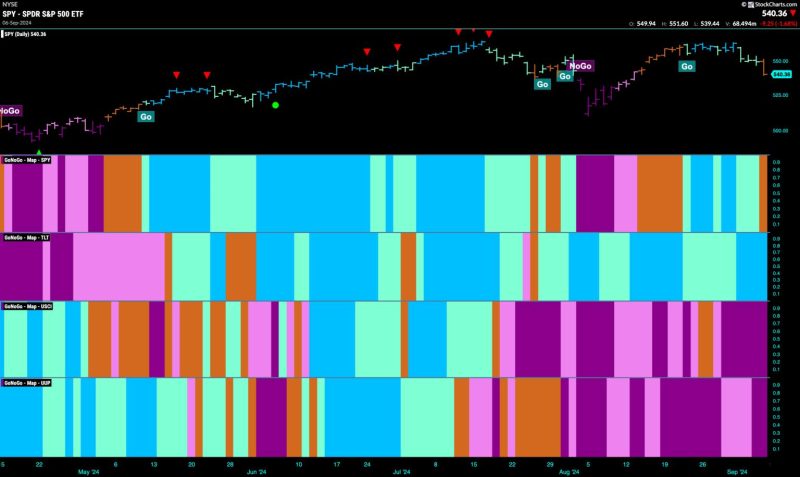Equities Say Go Fish: How Healthy Are the Markets?
In a bustling global economy, equities play a pivotal role in shaping the financial landscape. However, the health of the markets is not always clear-cut. Factors such as corporate performance, economic indicators, and investor sentiment all contribute to the overall state of equities. Let’s explore how these elements impact the health of the markets.
Corporate Performance
One of the key indicators of market health is the performance of individual companies. Strong corporate earnings and revenue growth are typically associated with a healthy market environment. When companies are profitable and experiencing growth, it signals optimism among investors and can drive up stock prices.
Conversely, weak corporate performance can be a red flag for market health. Declining earnings, missed revenue targets, or other signs of financial distress may cause investors to lose confidence in a company’s prospects, leading to lower stock prices. A string of poor corporate performances across various sectors can be indicative of broader economic challenges and impact overall market health.
Economic Indicators
Economic indicators provide valuable insights into the health of the broader economy, which in turn influences the performance of equities. Indicators such as GDP growth, inflation rates, and unemployment levels can all impact investor sentiment and stock market performance.
A strong economy is generally positive for equities, as it indicates robust consumer spending, business investment, and overall growth potential. Conversely, a weak economy marked by high unemployment, low consumer confidence, or sluggish GDP growth can dampen investor enthusiasm and lead to market volatility.
Investor Sentiment
Investor sentiment plays a crucial role in determining market health. Positive sentiment can drive stock prices higher, creating a bull market characterized by optimism and confidence among investors. On the other hand, negative sentiment can lead to a bear market, marked by widespread pessimism and declining stock prices.
Factors such as geopolitical events, economic uncertainty, and corporate scandals can all influence investor sentiment and impact market health. A market that is driven more by fear than rational analysis may experience heightened volatility and unpredictability, making it difficult to gauge the overall health of equities.
In conclusion, the health of the markets is a complex interplay of corporate performance, economic indicators, and investor sentiment. By closely monitoring these factors and recognizing their impact on equities, investors can make more informed decisions and navigate the ever-changing landscape of the financial markets.




























